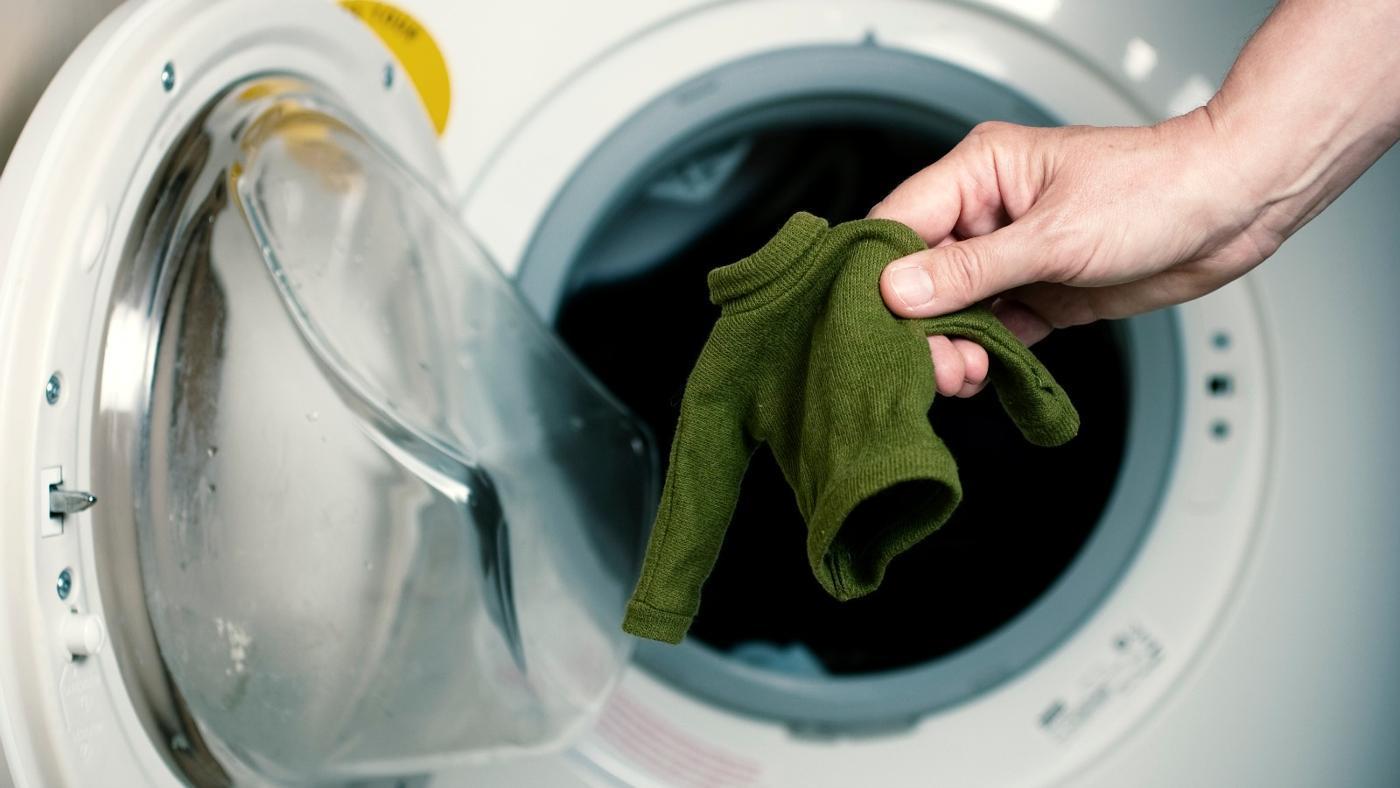

The same reasons that apply to the washer also apply to the dryer. If the clothes have been treated with chemicals then even natural fibers may resist shrinking. It is hard to shrink synthetic materials in the wash as they are made to resist that aspect of laundry. That friction also harms fabrics helping them return to their normal size prior to being stretched. The water temperature is the usual culprit and when it gets too hot, the fibers cannot stand the heat and want to get away from it.Īnother cause of shrinkage will be the friction caused by the agitator. You may find that rayon, bamboo, and other in between fabrics may also shrink in the wash. The usual suspects are cotton, silk, wool, linen, and hemp. This will happen more often unless the material has not already been preshrunk by the manufacturer or you forget to pre-wash the material before you start sewing. They have a tendency to not resist this aspect of laundry and warm or hot temperatures can alter their fiber composition. But generally, it will be the natural fibers that shrink in the wash the most. One factor is if the fibers have been stretched or not and another one is if you accidentally used hot water instead of warm, cool, or cold. It is hard to say which fabric shrinks the most in the wash as the shrink rate depends on several factors. They tend to shrink when the heat is applied. You may have trouble with elastic type material like spandex and nylon. Which Fabric Shrinks The Most in The Wash That stretching is unnatural which means that when they relax, they go smaller. many fibers are stretched out to make the sweater, or blouse, etc.

Combine that with their absorption rate you will have clothes end up smaller than you want them to be.Īll the fibers are doing when they shrink is returning to their natural length. The basic answer to the question is that heat causes the fibers to relax too much and lose their shape. That loss of fabric may not just be in the length of the material. That means your clothing will come out of the laundry smaller than it went in.

Shrinking is defined as a ‘change in clothing measurements or dimensions’ and that change is for the worse. Generally, you want to wash natural fibers in cold water or hand wash them with gentle soap. Even wool that insulates when it is wet can suffer badly if washed improperly. That absorption rate can weaken the fibers and have them lose their strength while wet. The reason that natural fibers shrink more than synthetic ones is that they absorb more water than the latter fabrics. hemp will also shrink on you and it is prone to shrinking at the dry cleaners. They may also shrink at your dry cleaners if they are not very good at their profession.Ĭotton, wool, silk, and linen will shrink on you in the wash. These fibers will shrink when washed improperly. The first place to look for shrinking material is the natural fiber category.


 0 kommentar(er)
0 kommentar(er)
